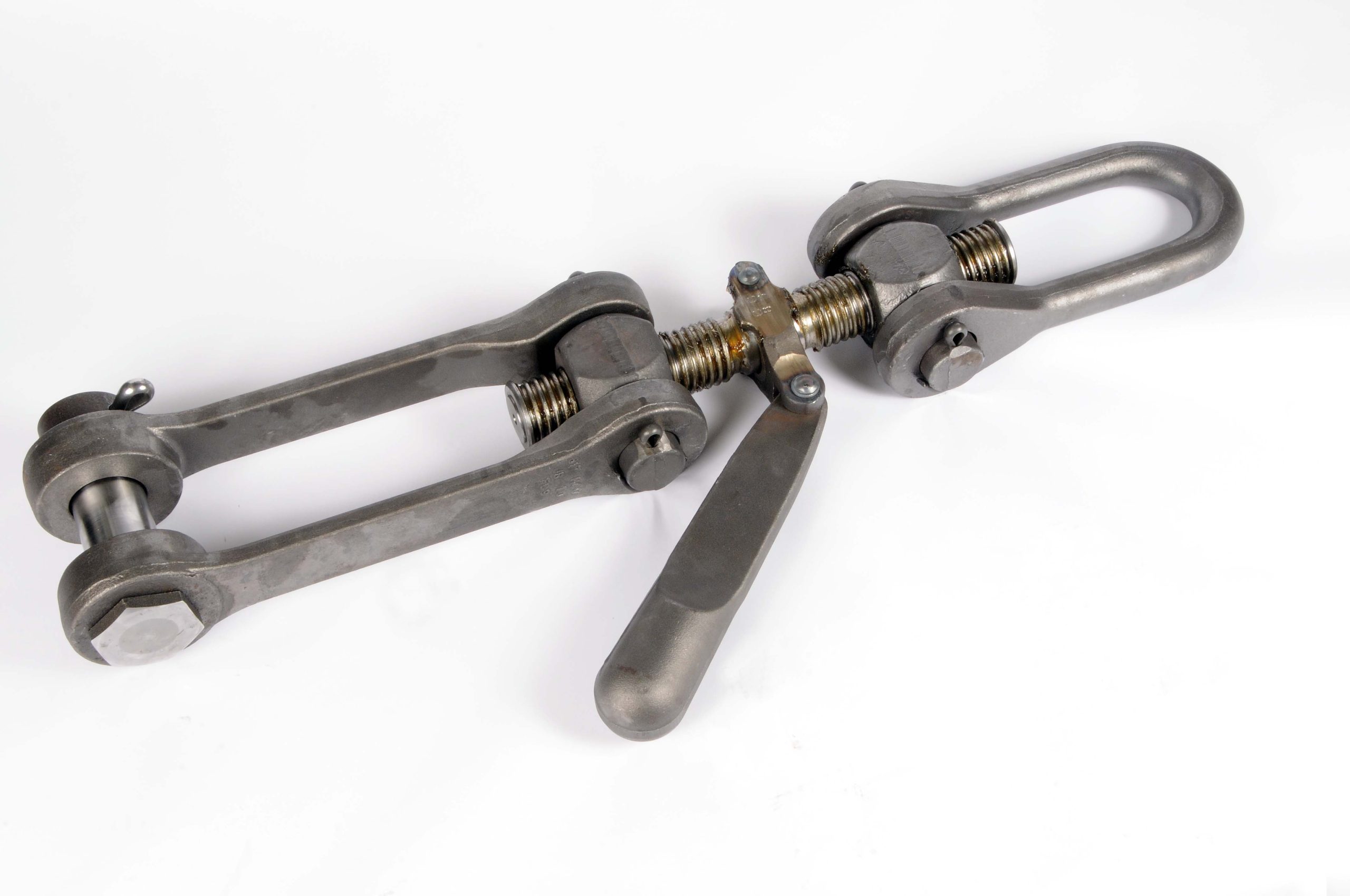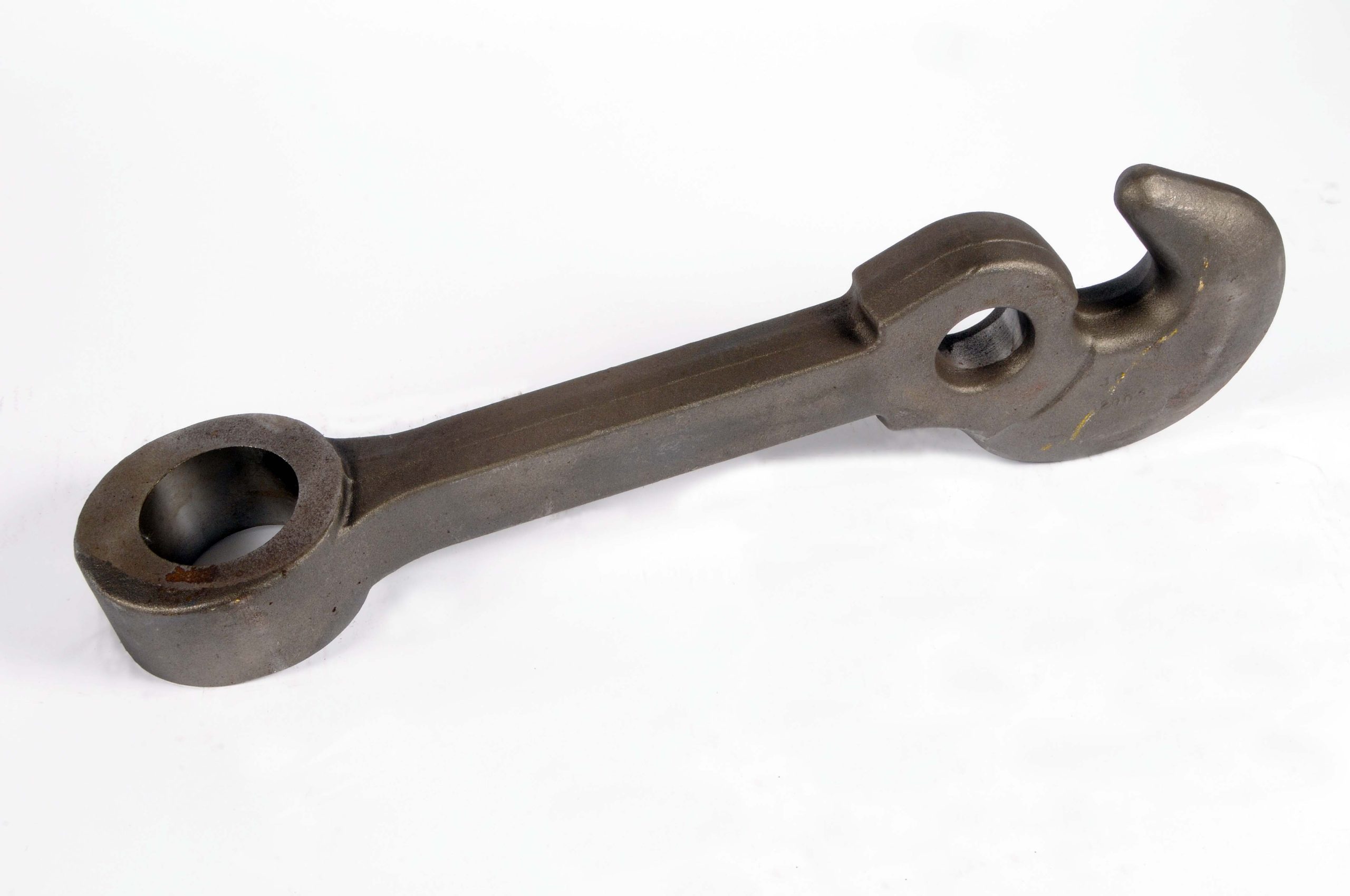Forgings play a crucial role in the rail industry, contributing to the manufacturing of various components that are essential for the construction, maintenance, and operation of rail systems.
Brockhouse has successfully supplied components to the rail industry for many years, both for current rolling stock and the Heritage Rail sector. We supply safety critical assemblies and components for couplings, linkages and suspension systems, and have the capability to provide forged, machined, and assembled parts to meet the rigorous demands of a safety conscious industry. We also supply trackside components such as linkages and point fittings.
This article discussed several ways in which forgings are used in the rail industry:
- Couplers and Connectors:
- Couplers, which connect railcars, and various connectors within the rail system are often manufactured using forging processes. Forged components provide the necessary strength and durability to ensure the safe and reliable coupling and decoupling of railcars.
- Rail Joints and Fishplates:
- Fishplates and rail joints are used to connect individual rail sections. These components must withstand the continuous stress and impact from passing trains. Forgings provide the required strength to maintain the integrity of the rail system.
- Brake Components:
- Various brake components, such as brake shoes and levers, may be produced through forging processes. Forgings provide the necessary toughness and wear resistance required for effective braking systems in rail vehicles.
- Traction Motor Components:
- Forged components are used in the manufacturing of traction motors, which are essential for the movement of electric rail vehicles. The high-strength characteristics of forgings are beneficial in ensuring the reliability and longevity of these critical components.
- Structural Components:
- Forgings are also utilised in the fabrication of structural components for rail infrastructure. These components need to withstand static and dynamic loads over long periods.
- Rail Fasteners:
- Forged components such as bolts, nuts, and fasteners are used to securely fasten rails to sleepers or ties. These components need to withstand dynamic loads, vibrations, and extreme conditions, making forgings an ideal choice due to their strength and reliability.
Overall, the use of forgings in the rail industry contributes to the reliability, safety, and longevity of rail systems by providing components with the necessary strength, durability, and resistance to fatigue.
Considering a forging? Contact us today.
Our skilled workforce has been producing quality forgings for over a century, establishing a strong reputation for Brockhouse as a market leader, working with a network of customers globally. From our West Bromwich based facility, we offer a complete service including design, die & tool manufacture, forging, machining, and heat treatment for items up to 400 kgs in weight.
For the rail industry specifically, Drawhooks, Tailpins, Couplings, Fish plates and Brake Blocks are just some of the wide range of products we supply for rolling stock and track network applications both in the UK and abroad. Fully machined assemblies, ready for immediate use, are in stock to service immediate requirements from this market.
We pride ourselves on our ability to meet the challenges of fast response, high quality and low-cost solutions that our customers require. Our manufacturing facilities enable us to offer the widest range of products from a single forge.
Contact us today, call us on 0121 556 1241 or email info@brockhouse.co.uk.



